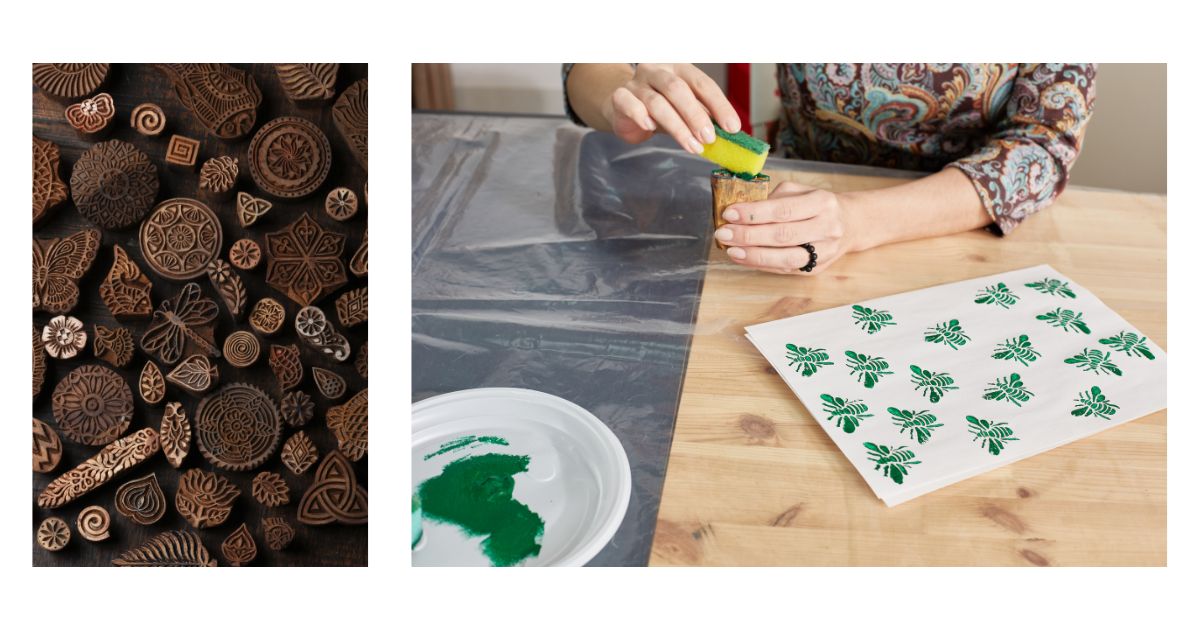There is no definitive answer to whether or not paint thinner can cause cancer. Some studies have shown that certain chemicals in paint thinner can be carcinogenic, while other studies have not found a link between paint thinner and cancer. The International Agency for Research on Cancer (IARC) has classified one of the main chemicals in paint thinner as a “possible human carcinogen”
However, the IARC has also classified other common chemicals, such as coffee and cellphones, as “possible human carcinogens”. It is difficult to know what to believe when it comes to the link between cancer and paints thinner. Some people may choose to avoid using paint thinner altogether, while others may not be as concerned.
If you are worried about the potential risks of using paint thinner, you can talk to your doctor or a certified hazardous materials specialist.
Paint thinner is a common household product that is used to clean up paint spills and to thin paint for use in a sprayer. Paint thinner is made from petroleum and is classified as a volatile organic compound (VOC). Exposure to VOCs has been linked to a variety of health problems, including cancer.
A study published in the Journal of Occupational and Environmental Medicine found that workers exposed to VOCs had an increased risk of developing leukemia. The International Agency for Research on Cancer (IARC) has classified VOCs as a “probable human carcinogen”. The EPA has also classified VOCs as “likely” to cause cancer in humans.
There are a few things you can do to minimize your exposure to VOCs:
- Use VOC-free paint thinners
- Wear a respirator when using paint thinners
- Ventilate the area when using paint thinners
- Avoid using paint thinners indoors If you must use paint thinners, be sure to take precautions to protect your health.
Do paint solvents cause cancer?
There is some evidence to suggest that paint solvents may be linked to cancer. Studies have shown that people who work with paint solvents are at an increased risk of developing certain types of cancer, including leukemia and lymphoma.
However, it is important to note that these studies are not conclusive and more research is needed to definitively say that paint solvents cause cancer.
It is also important to keep in mind that there are many different types of paint solvents, and not all of them have been studied for their potential links to cancer. Some solvents may be more likely to cause cancer than others, so it is important to be aware of the specific type of solvent you are using. If you are concerned about the potential risks of cancer, you may want to consider using a different type of paint or solvent.
Can painting cause cancer?
There is no definitive answer to this question as the research is inconclusive. Some studies have suggested that certain chemicals used in the paint can be carcinogenic, while other studies have not found a link between cancer and paint exposure. The bottom line is that more research is needed to determine whether or not there is a causal relationship between paint and cancer.
One study that looked at the link between paint and cancer was conducted by the National Cancer Institute (NCI). This study found that people who were exposed to high levels of lead paint had an increased risk of developing lung cancer. However, the study did not find a link between other types of cancer and paint exposure.
Another study, conducted by the National Toxicology Program (NTP), found that rats exposed to high levels of a chemical called dichloroethylene (DCE) developed cancer. DCE is found in some paints and varnishes. However, it’s important to note that this study was conducted on rats, so it’s not clear if the same results would be seen in humans.
Overall, the research on this topic is inconclusive. More studies are needed to determine whether or not there is a causal link between paint and cancer. In the meantime, if you’re concerned about your risk of cancer, you can talk to your doctor about ways to reduce your exposure to paint and other chemicals.
Did Bob Ross paint thinner cause cancer?
Bob Ross is a world-renowned painter and television personality who passed away in 1995. He was known for his “wet-on-wet” painting technique, which he developed and popularized on his TV show The Joy of Painting.
While there is no definitive answer to whether or not Bob Ross paint thinner caused cancer, there is some evidence to suggest that it may have been a contributing factor.
Ross was a heavy smoker, and it’s possible that the fumes from the paint thinner exacerbated his lung cancer. There is no way to know for sure whether or not the paint thinner played a role in Bob Ross’ cancer, but it is important to be aware of the potential risks associated with exposure to fumes from any type of paint or paint thinner. If you are concerned about your health, it is always best to consult with a doctor.
What happens when you smell paint thinner?
When you smell paint thinner, your brain is essentially exposed to a very powerful solvent. Paint thinner is made up of a variety of chemicals, including toluene and xylene, which are both highly volatile and easily absorbed by the body. Inhaling paint thinner can have a variety of short- and long-term effects on your health, including:
- Dizziness
- Nausea
- Vomiting
- Headaches
- Confusion
- Loss of coordination
- Drowsiness
- Unconsciousness
Inhalation of paint thinner fumes can also lead to more serious health problems like liver and kidney damage, as well as cancer. So it’s important to be very careful when using products like paint thinner, and make sure to ventilate the area well.
Can Paint Fumes Cause Cancer
Can paint thinner cause lymphoma
There is no definitive answer to this question as the research is inconclusive. Some studies have shown a possible link between exposure to paint thinner and an increased risk of developing lymphoma, while other studies have not found any definitive connection. Lymphoma is cancer that begins in the lymphatic system, which is a network of vessels and nodes that runs throughout the body and helps to fight infection.
The lymphatic system is also a key part of the immune system. Exposure to paint thinner may increase the risk of developing lymphoma by causing damage to the lymphatic system. Paint thinner is a highly volatile solvent that can be easily inhaled, and it has been linked to a number of health problems including cancer.
If you are concerned about the possible link between paint thinner and lymphoma, it is important to talk to your doctor. He or she can help you to understand the risks and benefits of using paint thinner, and can also provide you with guidance on how to reduce your exposure to this potentially harmful substance.
Conclusion
Paint thinner is a petroleum-based solvent used to thin oil-based paint. It can also be used to clean paintbrushes and other painting tools. Paint thinner is highly flammable and can be toxic if inhaled.
Some studies have suggested that paint thinner may be linked to cancer, but more research is needed to confirm this.











